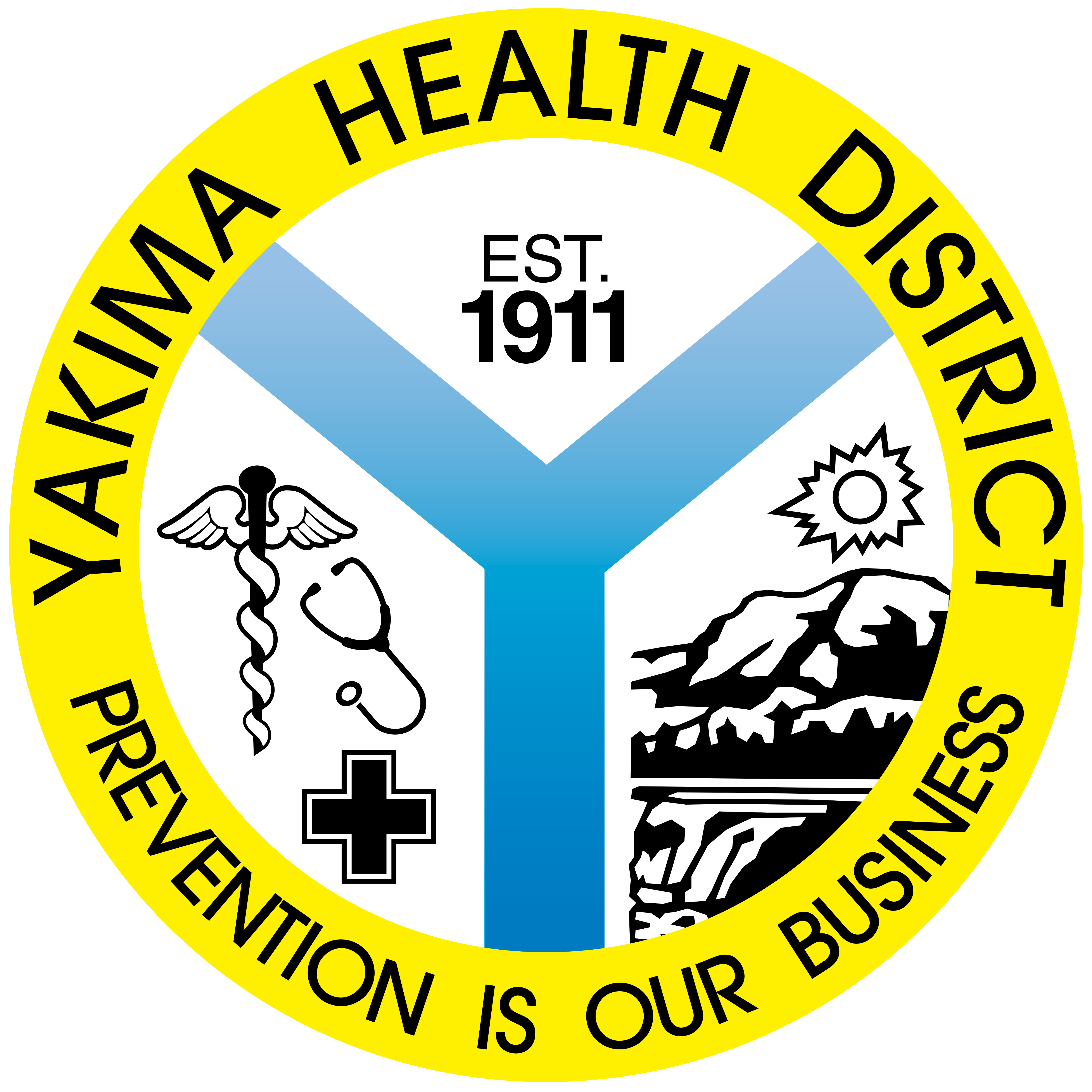
Requested actions
- Be aware, the U.S. Food and Drug Administration (FDA) amended its emergency use authorizations (EUAs) for Pfizer and Moderna COVID-19 vaccines to allow an additional (third) dose for certain immunocompromised people.
- Be aware, the Advisory Committee on Immunization Practices (ACIP) authorized an additional (third) dose of Pfizer and Moderna COVID-19 vaccines under a revised EUA for certain people who are immunocompromised due to medical conditions or immune suppressive treatment. Do not offer additional (third) doses to other fully vaccinated people.
- Call and recall patients you determine are immunocompromised and received Pfizer or Moderna vaccine and offer an additional (third) dose of COVID-19 vaccine.
- Offer the same vaccine product (i.e., Pfizer or Moderna) the person originally received.
- Be aware, people who got Johnson & Johnson/Janssen (J&J) COVID-19 vaccine are not eligible for an additional dose. Data is insufficient to support recommending booster doses for J&J recipients. The Centers for Disease Control and Prevention (CDC) and FDA are actively working to provide further guidance on this issue.
Background
The spread of the more infectious SARS-CoV-2 Delta variant across the United States has led to increased breakthrough COVID-19 cases. Immunocompromised people are:
- More likely to get severely ill from COVID-19.
- At higher risk of prolonged SARS-CoV-2 infection and shedding.
- More likely to transmit SARS-COV-2 to household contacts.
- More likely to have breakthrough infection.
Forty-four percent of hospitalized breakthrough cases met the definition for potential immunocompromise. Vaccine effectiveness studies among immunocompromised people show decreased antibody response when compared to the general population.
Immunocompromised people have medical conditions or are receiving treatment associated with moderate to severe immune compromise, including:
- Active or recent treatment for solid tumor or hematologic malignancies.
- Receipt of solid-organ and taking immunosuppressive therapy.
- Receipt of CAR-T cell or hematopoietic stem cell transplant (within 2 years of transplantation or taking immunosuppression therapy).
- Moderate or severe primary immunodeficiency (e.g., DiGeorge, Wiskott-Aldrich syndromes).
- Advanced or untreated HIV infection.
- Active treatment with high-dose corticosteroids (i.e., greater than 19 mg prednisone or equivalent per day), alkylating agents, antimetabolites, transplant-related immunosuppressive drugs, cancer chemotherapeutic agents classified as severely immunosuppressive, tumor-necrosis (TNF) blockers or other biologic agents that are immunosuppressive or immunomodulatory.
- Chronic medical conditions such as asplenia and chronic renal disease may be associated with varying degrees of immune deficit.
Based on this definition, about 2.7% of U.S. adults will be eligible for an additional (third) dose of mRNA vaccine.
Following a thorough safety review weighing the benefits and risks, ACIP recommends an additional (third) dose of Pfizer or Moderna COVID-19 vaccine for people who meet the above definition of immunocompromised.
Further considerations
- The additional (third) dose should be the same vaccine product (i.e., Pfizer or Moderna) a person originally received.
- If the vaccine product a person originally received is unavailable, an alternate mRNA vaccine product may be used.
- The additional (third) dose should be administered at least 28 days after completion of the initial primary series.
- Serologic testing to assess immune response is not currently recommended.
- COVID-19 vaccination should occur at least 2 weeks before initiation of immunosuppressive therapies.
- Data is insufficient to support recommending booster doses for J&J recipients. The CDC and FDA are actively working to provide further guidance on this issue.
- Counsel immunocompromised people about their potential for reduced immune response to COVID-19 vaccine and the need to follow COVID-19 infection prevention measures, including:
- Wear a mask.
- Maintain physical distance.
- Increase ventilation.
- Avoid crowds.
- Encourage close contacts to get fully vaccinated.
It is important to remind younger people who are not immunocompromised that the original vaccine schedules still offer excellent protection against severe COVID-19 infection. In Washington, 94% of COVID-19 deaths (and over 99% of deaths in people under age 65) February through June 2021, were people who were not fully vaccinated.
Additional information
- Clinician outreach and communication activity (COCA) call on additional dose of mRNA COVID-19 vaccine for moderately or severely immunocompromised people, Tuesday, Aug. 17, 2021, 2 p.m. Eastern Time (ET).
- Updated Moderna COVID-19 vaccine fact sheet—FDA.
- Updated Pfizer COVID-19 vaccine fact sheet—FDA.
- Updated J&J COVID-19 vaccine fact sheet for recipients and caregivers—FDA.
- Updated pre-vaccination screening forms—CDC.
- Aug. 13, 2021 ACIP meeting notes—CDC.
- Updated COVID-19 vaccine clinical considerations—CDC.
